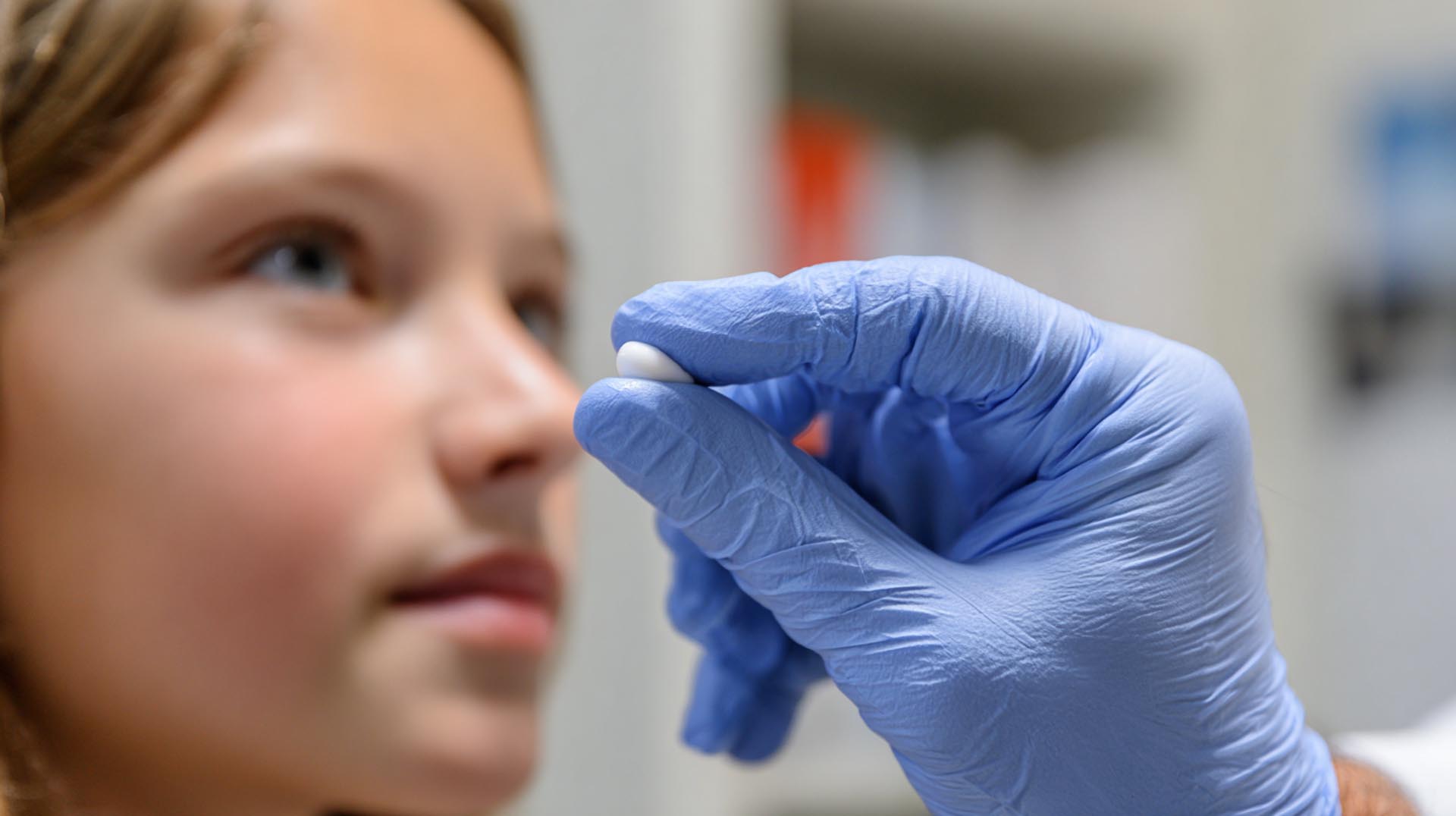- Description
-
Details
Treating Acne: A Pharmacological Approach provides a detailed, evidence-based overview of current pharmacologic treatments for acne vulgaris across various age groups and severity levels. This course is designed to equip clinicians with practical knowledge on prescribing, monitoring, and adjusting acne therapies while considering patient-specific factors such as age, gender, skin type, and comorbidities.
The curriculum explores topical and systemic agents, their mechanisms of action, indications, and risk profiles. Emphasis is placed on selecting appropriate regimens for mild, moderate, and severe acne, managing medication-related adverse effects, and understanding the implications of long-term therapy. The course also covers hormonal treatment options, antibiotic stewardship, and recent advancements in acne pharmacotherapy.
Topics covered include:
- Pathophysiology of Acne Vulgaris: Understanding the roles of sebaceous gland activity, follicular hyperkeratinization, inflammation, and Cutibacterium acnes colonization.
- Topical Therapies: Review of retinoids, benzoyl peroxide, topical antibiotics, azelaic acid, and combination products with emphasis on sequencing and tolerability.
- Systemic Therapies: Indications and dosing for oral antibiotics, isotretinoin, hormonal agents (including oral contraceptives and spironolactone), and their clinical considerations.
- Treatment Selection and Stratification: Evidence-based algorithms for treatment based on acne severity, lesion type, and patient demographics.
- Adverse Effects and Risk Mitigation: Management of common side effects such as dryness, irritation, photosensitivity, and systemic toxicities.
- Antibiotic Resistance and Stewardship: Best practices for minimizing resistance, including limiting antibiotic duration and combining agents for efficacy.
- Patient Education and Adherence: Strategies to promote compliance with treatment regimens and address concerns about side effects or cosmetic outcomes.
- Monitoring and Follow-Up: Guidelines for assessing treatment response, adjusting therapy, and recognizing the need for referral or advanced care.
Course Completion Requirements:
To receive full CE credit, participants must:
- Register for the course.
- Complete all course modules and assigned readings
- Achieve a minimum score of 70% on the post-test.
- Submit a completed course evaluation.
Supplemental resources may include treatment algorithms, dosing charts, and patient counseling templates
Important Disclosures:
- Conflict of Interest: Course planners and faculty have no relevant financial relationships to disclose.
- Commercial Support: This course is independent and received no commercial funding..
- Non-Endorsement: Accreditation does not imply endorsement of any product or pharmaceutical agent.
- Off-Label Product Use: Discussion of off-label medication use may be included when supported by clinical guidelines and peer-reviewed research.

Key Course Benefits:

- CE Credit Hours: 2 CE Credit Hours, automatically reported to CE Broker.
- Pharmacologic Focus: Emphasizes medication-based strategies with guideline-supported recommendations.
- Patient-Centered Approach: Addresses individualized care, tolerability, and long-term skin health.
- Updated Clinical Insights: Includes current data on emerging therapies and resistance trends.
Approvals and Accreditation:
CE Learning Network (CELN) is an accredited provider of continuing education for nurses, recognized by the Florida Board of Nursing and the District of Columbia Board of Nursing.
This course adheres to the standards established by the American Nurses Credentialing Center’s Commission on Accreditation.
Approved for the following nursing professionals:
- Florida Board of Nursing: RNs, LPNs, CNSs, ARNPs
- District of Columbia Board of Nursing: RNs, Nurse Anesthetists, CNSs, Midwives, ARNPs
For added convenience, CELN automatically reports earned CE hours to CEBroker.com on behalf of participants.




 We report your course completions to CE Broker automatically so you are in compliance with the Florida board of nursing requirements
We report your course completions to CE Broker automatically so you are in compliance with the Florida board of nursing requirements




